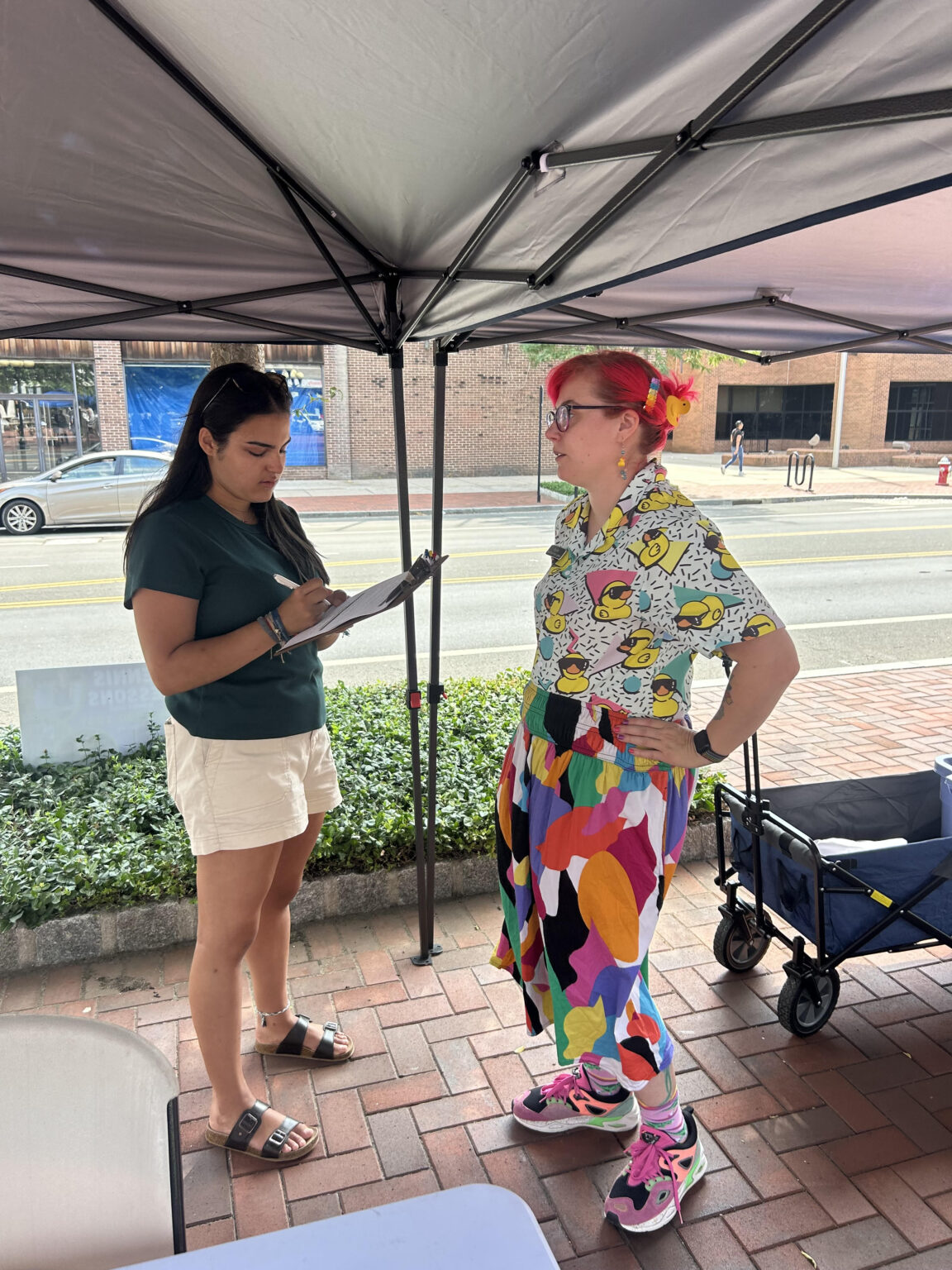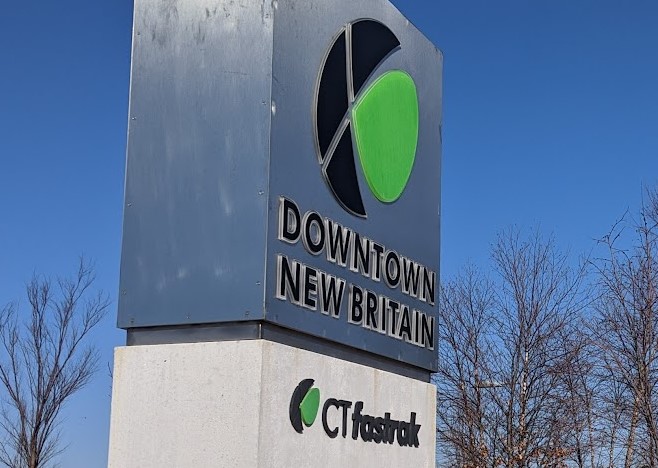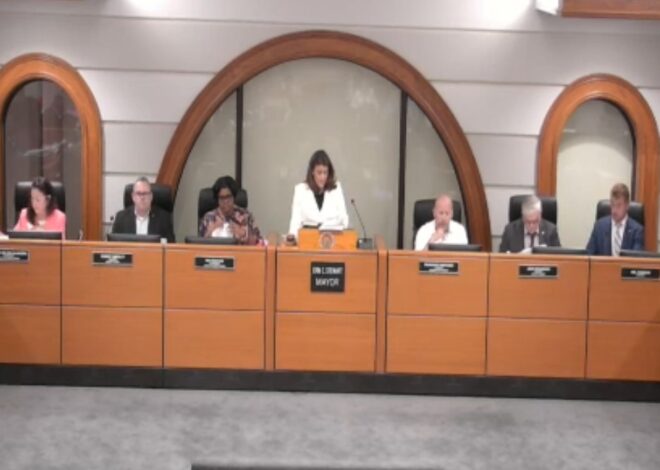Residents Share Views At Main Street Market On Renewable Energy Vs. Fossil Fuels
Interns from Connecticut Citizen Action Group are taking in the views of Greater New Britain residents this summer on “how climate change and energy companies are impacting their lives.”
CCAG is conducting on the street surveys asking “Are you concerned about climate change? Do you want your energy to come from clean and renewable sources, rather than gas and fossil fuels that exacerbate our climate crisis?”
“This summer, we are speaking with people in the greater New Britain area about what we want from our leaders and our utility companies,” CCAG says about the survey. Results of the the Greater New Britain survey are expected to be announced at a later date.
“Building a sustainable future” is a cornerstone of CCAG’s consumer advocacy efforts at the state legislature and in its support for federal action to reduce “dirty energy sources” and advance green energy.
Individuals interested in sharing their views on climate change and clean energy and how it is affecting their lives may submit a google form to CCAG form.
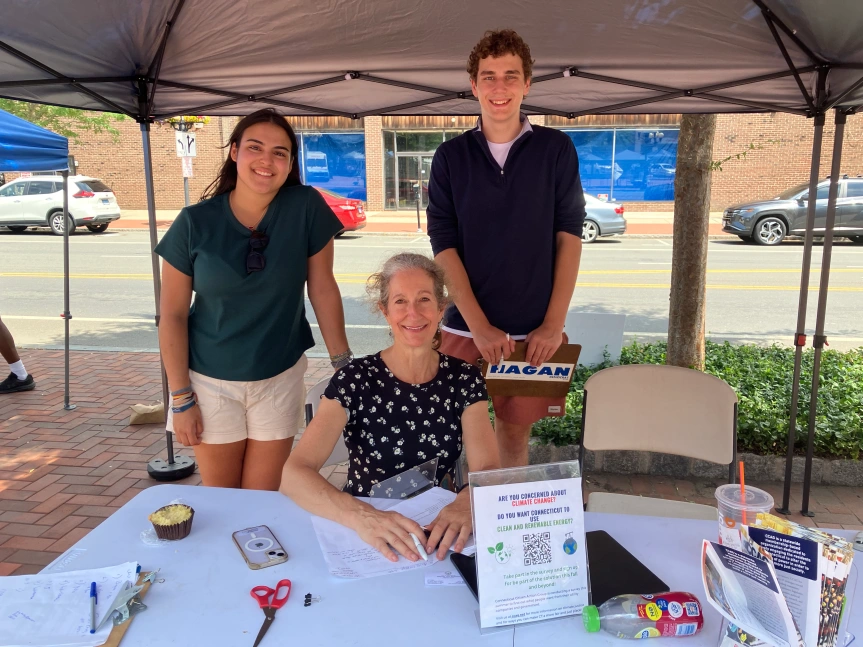
In the 2024 CT General Assembly CCAG and allies supported legislation to establish goals “to reduce greenhouse gas emissions, phase out the use of natural gas, invest in renewable energy and enhance nature-based solutions to mitigate climate change” in cities and towns. It declared a “climate crisis” to spur federal funding because “such crisis threatens the resilience of communities in the state.” HB 5004 was approved by the House of Representatives but stalled in the state Senate at the end of this year’s session. CCAG and the Insure Our Future campaign are pressing Travelers and other insurance companies to stop insuring fossil fuel projects in the absence of stronger regulations and policies.
Severe storms over the last year have put climate change front and center in New Britain, including areas where costly upgrades to storm and sewer mains have long been neglected. Here and elsewhere extreme weather events continue to increase the threat to property and public health in vulnerable neighborhoods. Dilapidated storm water and sewer mains are not effective in handling overflows that result in street flooding and flooding into homes and property whenever intense storms occur. While some funding has been identified to address two of the city’s stormwater trouble spots in the Allen Street and Overlook Avenue neighborhoods, the estimated cost of fixing dilapidated infrastructure in the city is $100 million, according to city officials. Members of the Common Council are also seeking new resiliency policies and green infrastructure projects to make streets and homes more resilient amid the warming of the planet and severe storms.
Individuals interested in sharing their views on climate change and clean energy and how it is affecting their lives locally may submit a google form to CCAG form.
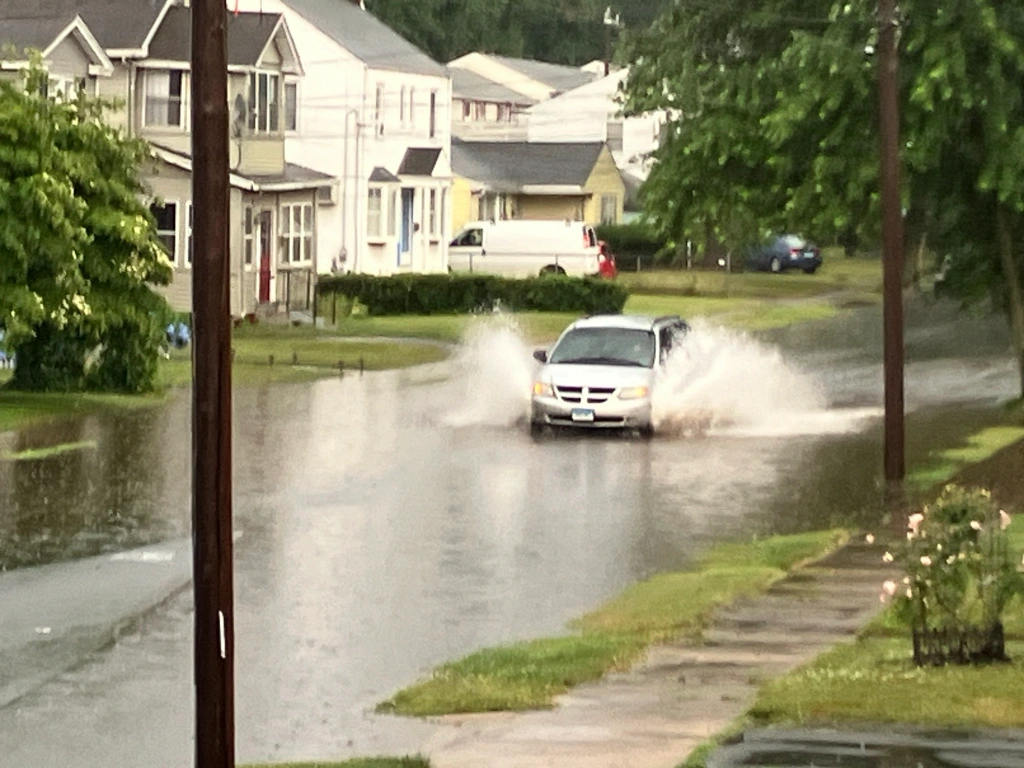
John McNamara is an alderman from Ward 4 and the Common Council Majority Leader. He has been sharing stories and writing about local government and the community on his nbpoliticus.com blog since 2006 where this post first appeared.

